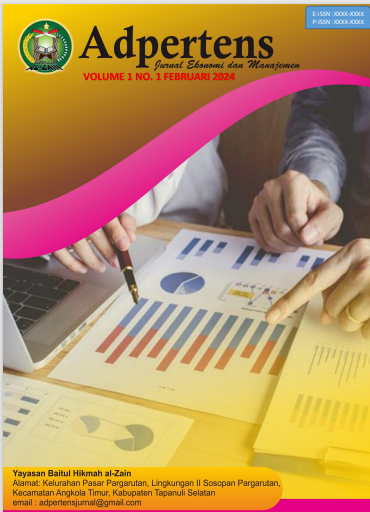MODEL EFEKTIF PENGELOLAAN DANA ZAKAT DALAM PEMBERDAYAAN EKONOMI MASYARAKAT BERBASIS NILAI SYARIAH
DOI:
https://doi.org/10.63424/adpertens.v2i3.404Keywords:
Productive Zakat, Economic Empowerment, Sharia Values, Mustahik, Zakat ManagementAbstract
This study aims to formulate an effective model for managing zakat funds in supporting community economic empowerment using a sharia-based approach. Until now, zakat distribution has often been oriented towards consumptive aspects, thus failing to provide long-term impact on the independence of mustahik (zakat recipients). This study uses a qualitative approach with field study methods in several zakat institutions (LAZ) and the National Zakat Agency (BAZNAS) in North Sumatra. Data collection techniques were carried out through in-depth interviews, participatory observation, and documentation of economic empowerment programs. The results of the study show that a zakat management model that integrates the principles of justice, sustainability, and empowerment through productive schemes—such as business capital assistance, skills training, and spiritual guidance—is more effective in improving the welfare of mustahik. Sharia values such as amanah (trustworthiness), maslahah (public interest), and ta'awun (mutual cooperation) form the moral foundation in every stage of zakat fund management. This study recommends a reorientation of the zakat management paradigm from a charitable approach to a transformative one. Thus, zakat is not only an instrument of wealth distribution but also a tool for social engineering in building the economic independence of the community.













